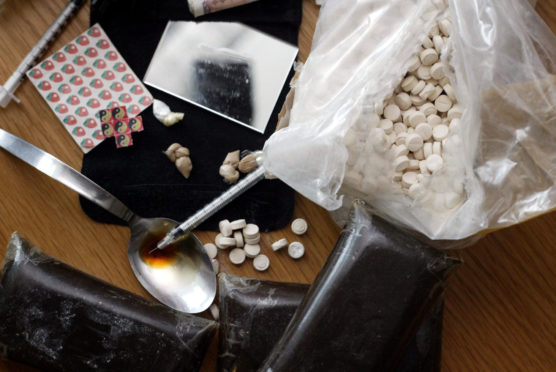No one chooses to become drug-dependent and every drug-related death is preventable.
That’s why I was deeply upset to read that what we had feared was true – the number of drug-related deaths in Scotland are at their highest ever and increased to more than 1,000 last year.
What the data also shows is a high number of deaths of people between the ages of 35-44.
We know from the evidence that problem drug use is related to social circumstance: job loss, experiences of poverty, childhood adversity and trauma all being factors.
This group of people were young adults of working age in Scotland in the 1980s.
Our research suggests that the social and economic circumstances they were exposed to had a significant part to play in the problems they experienced.
However, it is not enough to look back, we have to learn from it and move on. We must act now.
Problem drug use disproportionately affects people who experience socio-economic disadvantage.
NHS Health Scotland believes that to reduce harm from drug use we must take account of the wider things that impact on our health, like housing, work, income and social connectedness, as well addressing the immediate health concerns associated with drug use itself.
This means we have to put health first.
We need rapid access to high quality treatment services that not only save lives, but improve them too.
And, at the heart of all of that is the need to tackle the stigma that comes with drug use – and its treatment.
Addressing these wider social inequalities, reducing poverty and getting people the help they need when they need it will go a long way to reduce harm from drug use – both to individuals and their families.
Drug-related deaths are preventable. The outcome we want is fewer people dying at an early age and we need to do whatever that takes.
Elinor Dickie, Public Health Intelligence Adviser, NHS Health Scotland

